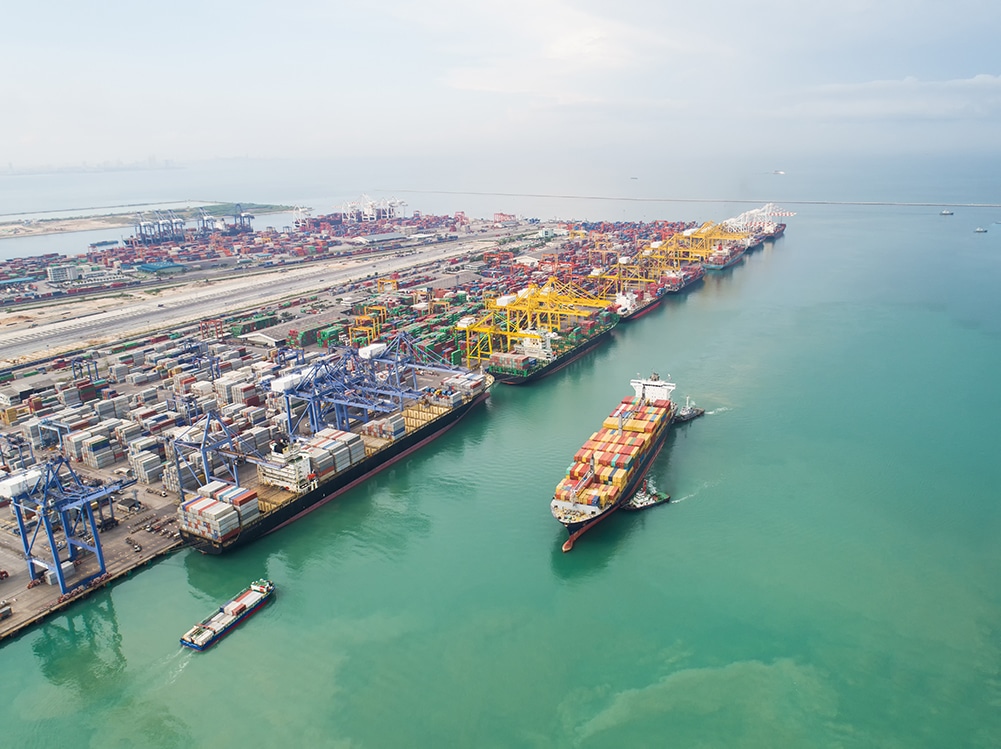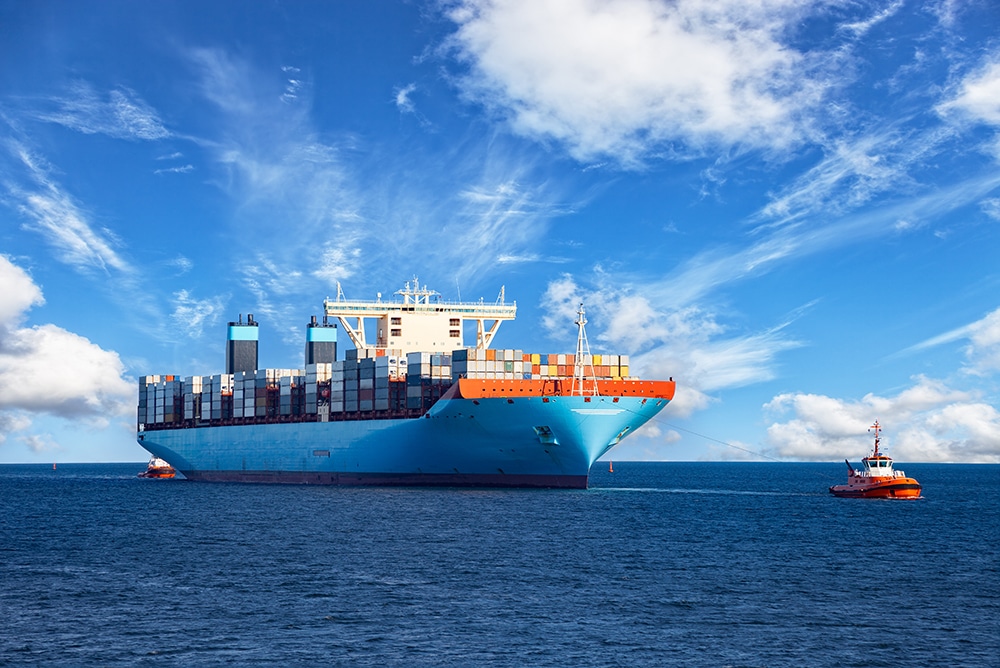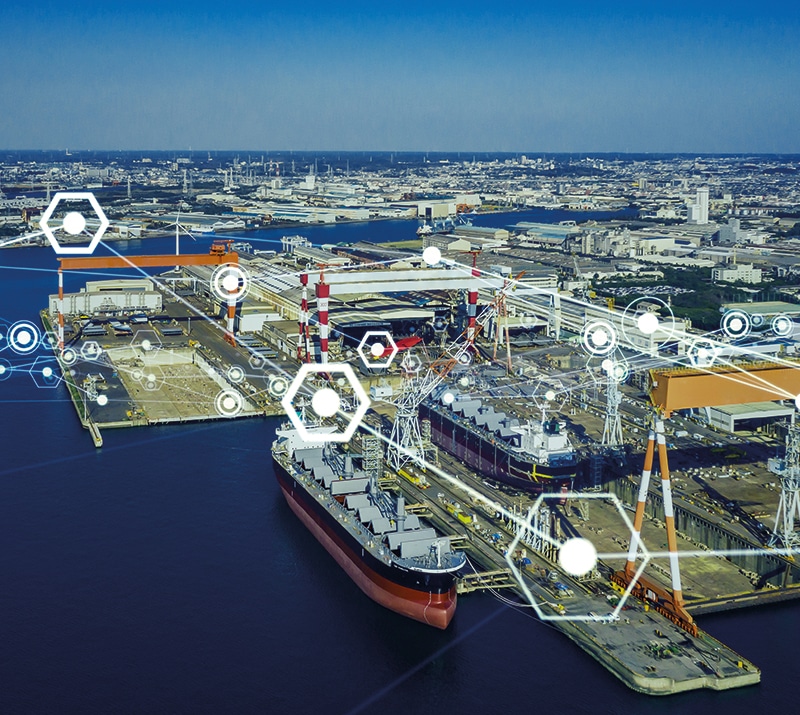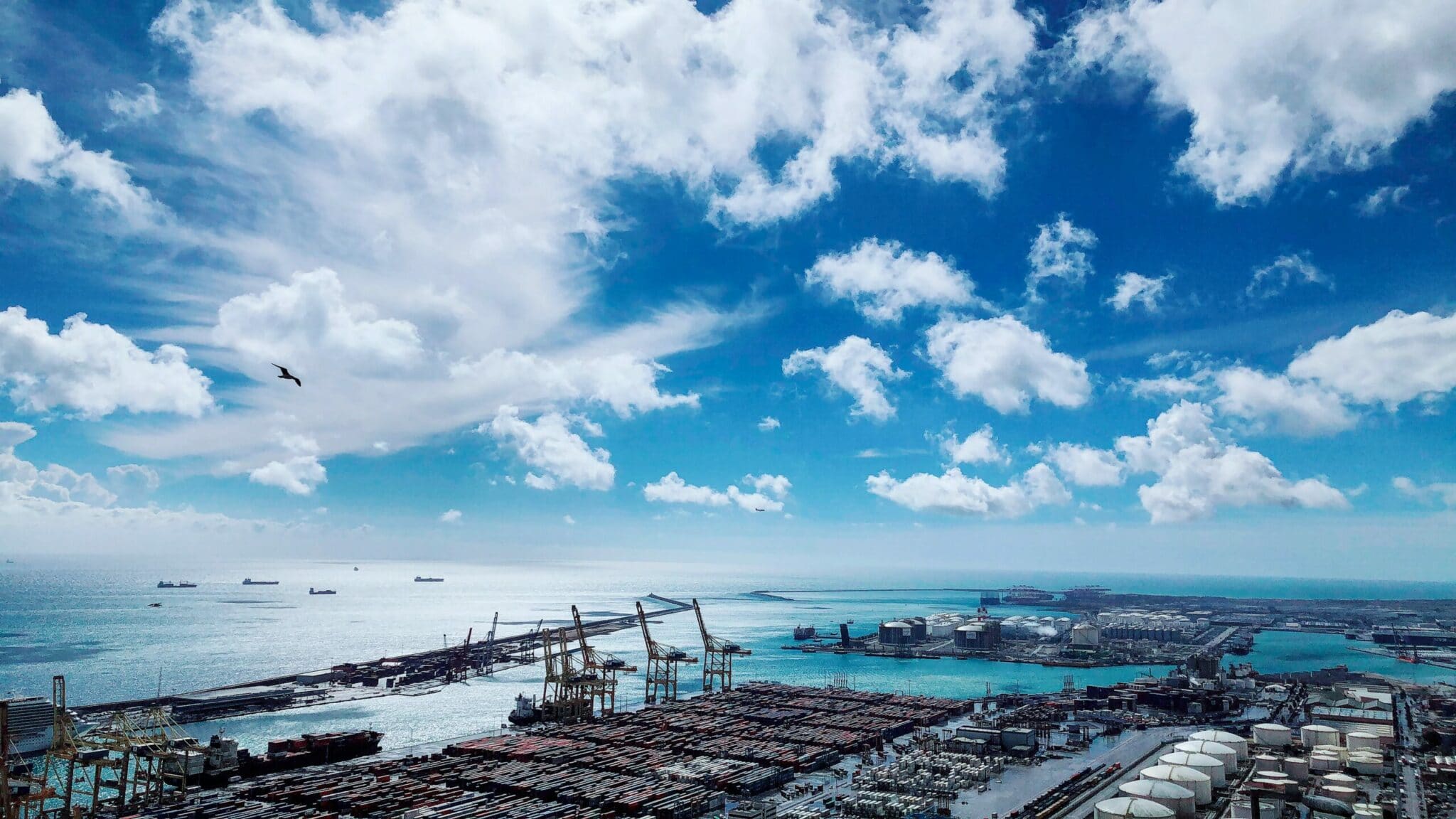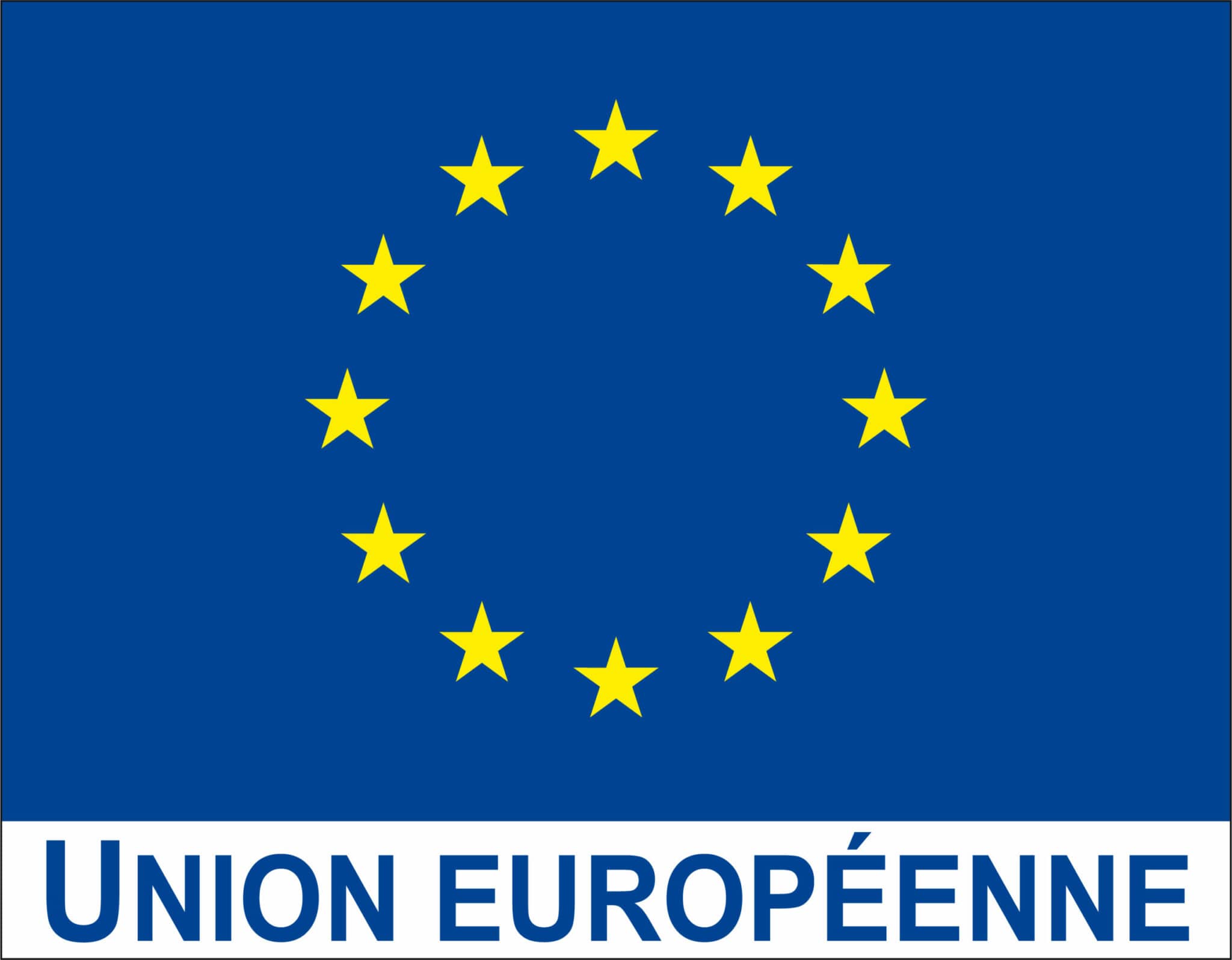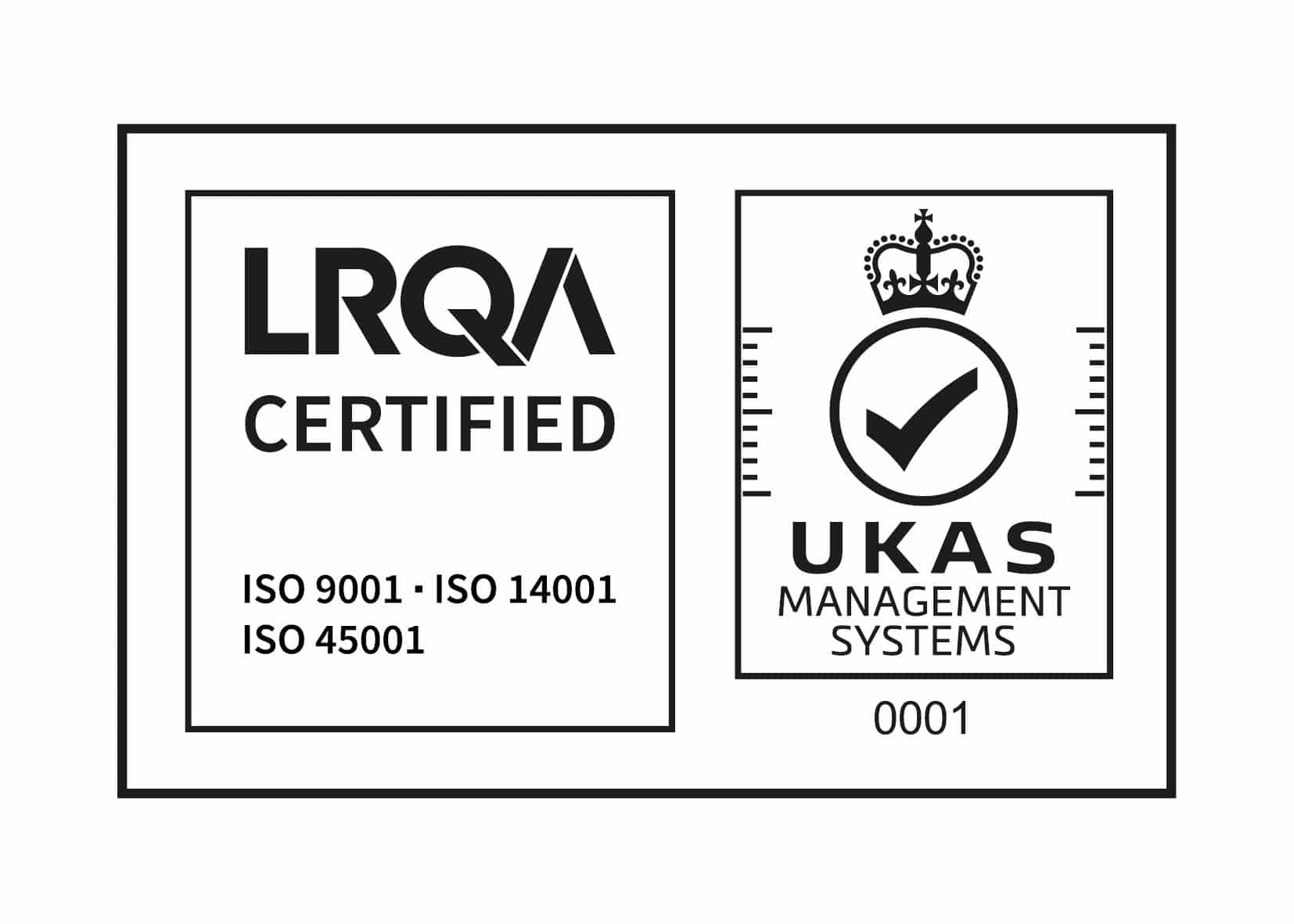
Why CO2 emissions monitoring is now essential for maritime stakeholders?
Explore the imperative of CO2 emissions monitoring in maritime operations. From compliance with regulations to innovation and economic efficiency, discover how tracking carbon emissions shapes a sustainable future.




